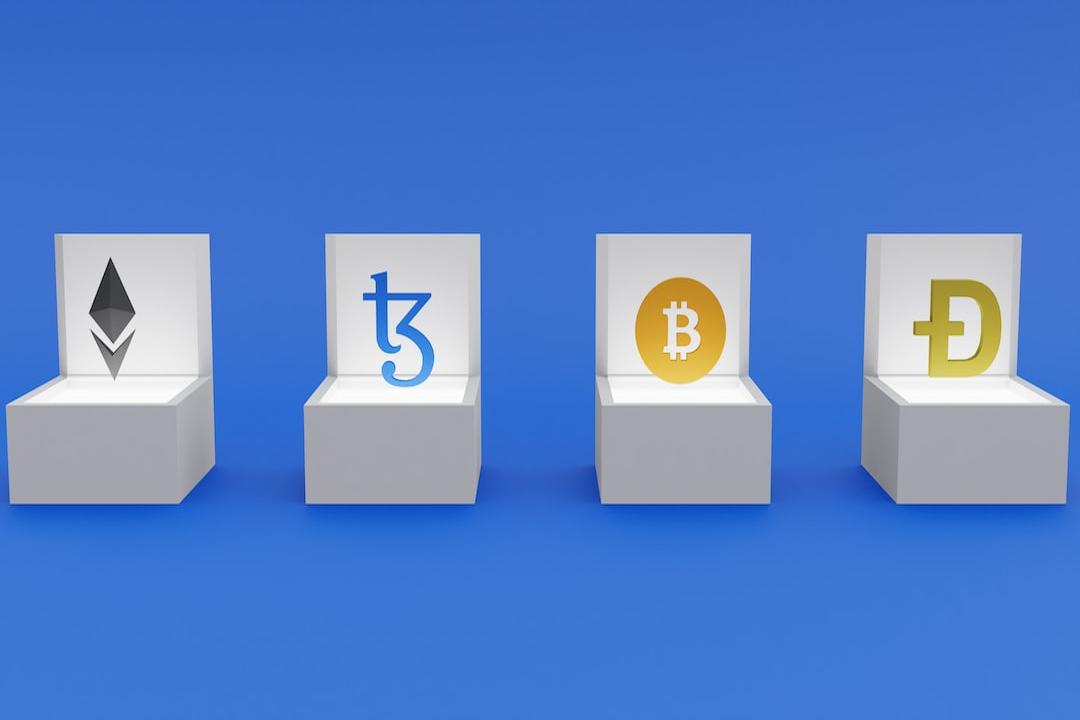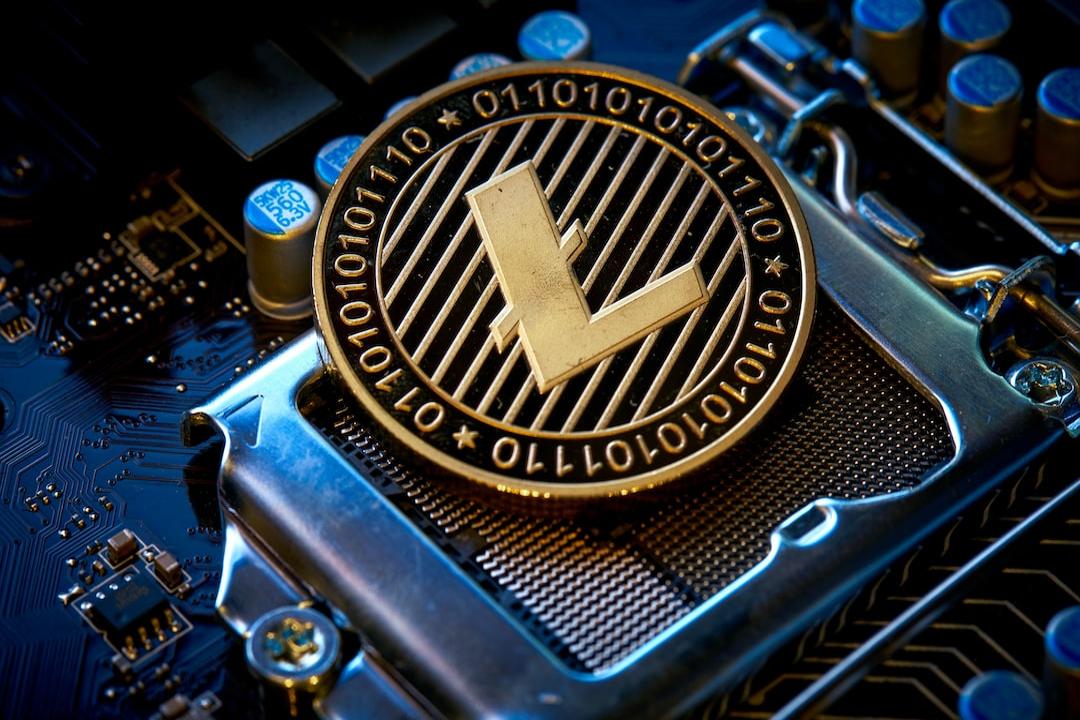The Cryptocurrency World Filled with Speculation and Copy Trading
What Kind of “Crypto KOL” is Most Popular?
Crazy bragging about trades, cash, and luxury cars, urging you to grab airdrops quickly… KOLs who create an illusion of “making big money” definitely attract the most attention.
Amid this noisy chaos filled with speculation, some KOLs or creators choose to participate in different ways. For instance, “Crow Max,” who began researching blockchain technology in 2012, does not focus on shouting trade signals but instead concentrates on writing about the progress of blockchain in terms of technology, industry, and applications, providing a relatively calm and non-commercial observation perspective.
Crow Max is a self-media creator who mainly uses newsletters and social platforms to publish content, with approximately 4,000 followers on his X account. He primarily shares observations and analyses related to blockchain, cryptocurrency, AI, and fintech. Currently, he is also the editor-in-chief of the blockchain media outlet “Crypto City.”

Web3 self-media creator Crow Max.
Photo / He Daxin Photography
From Questioning Economic Theories to Building Mining Machines
Max began researching blockchain in 2012, which was different from most people; he did not aim to get rich overnight or retire immediately. Instead, as an economics student, he had doubts about economic theories.
He stated that after studying the principles of economics in university, he found many theories to be unreasonable when correlated with the 2008 financial crisis, leading him to question the theories.
“I am a difficult student; I was even kicked out of class by a professor for this,” Max laughed. However, it was this rebellious spirit and refusal to accept textbook content that prompted him to value independent research and engage in extensive dialogues and discussions with others.
Max began browsing foreign online forums, seeking information and chatting about “finance.” By coincidence, he came across a Reddit post where a user shared the Bitcoin white paper published by Satoshi Nakamoto. Max admitted that he did not understand Bitcoin at the time but could see that this new concept and technology had the potential to disrupt traditional finance.
Thus, Max began to study what blockchain technology and cryptocurrencies were, even collaborating with friends to build mining machines and experimenting with mining, diving headfirst into the world of blockchain. “At that time, everything started from a technical exploration; making money was secondary.”
Passionate About Blockchain Technology and Applications
His love for blockchain technology and applications can still be felt in the newsletters and posts he writes today.
For example, in his newsletter series “Crow X Recommends,” readers will not see information urging them to buy coins that are surging in price, but rather understand how DePIN (Decentralized Physical Infrastructure Networks), DeFi (Decentralized Finance), or RWA (Real World Asset tokenization) tracks within blockchain are impacting the financial market and even our lives.
Explaining “how technology affects life” is the core of Max’s creations. He confessed that he once attempted to move towards the mainstream KOL direction, even managing a community of over a thousand people, but ultimately realized that “most people only want to know how to buy coins and where to make money,” which is completely contrary to what he wants to share.
He stated candidly, “I do not oppose investing; the market needs liquidity. But if everything is just a dialogue about money, isn’t that exhausting?”
Long-term Focus on DeFi, NFT, and RWA
As a blockchain researcher, Max’s long-term focus includes the blockchain tracks of DeFi, NFT (Non-Fungible Tokens), and RWA.
With a financial background, he has an in-depth understanding of DeFi mechanisms and believes it is an experimental and potential alternative framework beyond traditional financial structures. Regarding NFTs, Max values not the speculation but their potential as “membership credentials.” Compared to abstract and invisible cryptocurrencies, NFTs are more concrete and visual digital assets, making them easier for the general public to understand, and more likely to serve as tools for brands or companies to interact with consumers. Max particularly sees promise in NFTs for businesses to build communities and foster loyalty, believing that many traditional industries can also engage in Web3 through this.
In recent years, the increasing involvement of financial institutions in RWA is another aspect Max continues to follow. RWA enables blockchain to connect not just with ephemeral coins but with real-world assets, such as real estate and funds.
Max emphasizes that even before most people noticed, Taiwanese insurance companies and property insurers had already begun using blockchain internally to transmit data. However, these applications might not have a noticeable impact on the general public, but “lack of sensation” does not equal “not happening,” making it a phenomenon worth paying attention to.
You do not necessarily have to buy coins, but you should understand how they might affect your life in the future. Max believes this is one of the values of writers—to organize and convey those quietly emerging technologies that are changing the world in an understandable way, telling more people: “You do not need to become a tech person or an investor to participate in these changes.”
A Vision of Sovereign Individuals
Regarding blockchain technology, Max certainly holds a beautiful vision. He hopes this technology can truly solve the shortcomings of existing systems. Max proposes a concept where all user data from Taiwan’s financial institutions could be shared through a consortium blockchain, allowing users to query all their assets, investments, and insurance statuses with one click, instead of being forced to log into each bank’s system and being tied down by cumbersome passwords and processes.
He believes the true spirit of Web3 lies in sovereign individuals, where information should be controlled by oneself rather than monopolized by financial institutions. Max hopes to promote reforms in blockchain applications that are closer to users through his writings and research, stating, “Blockchain should be a practitioner of inclusive finance, not a playground for the asset class elite.”

